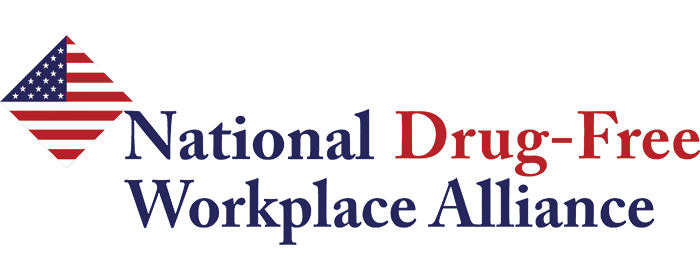In the pursuit of fostering a safe and healthy work environment, implementing a comprehensive drug-free workplace policy is a pivotal step for employers. The nuances of these policies may vary, yet a common thread emerges – a staunch prohibition against alcohol consumption or illicit drug use or the misuse of prescription medications, especially...
A Refresher on Maintaining a Robust Workplace Drug Policy










